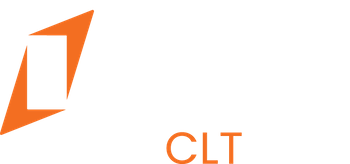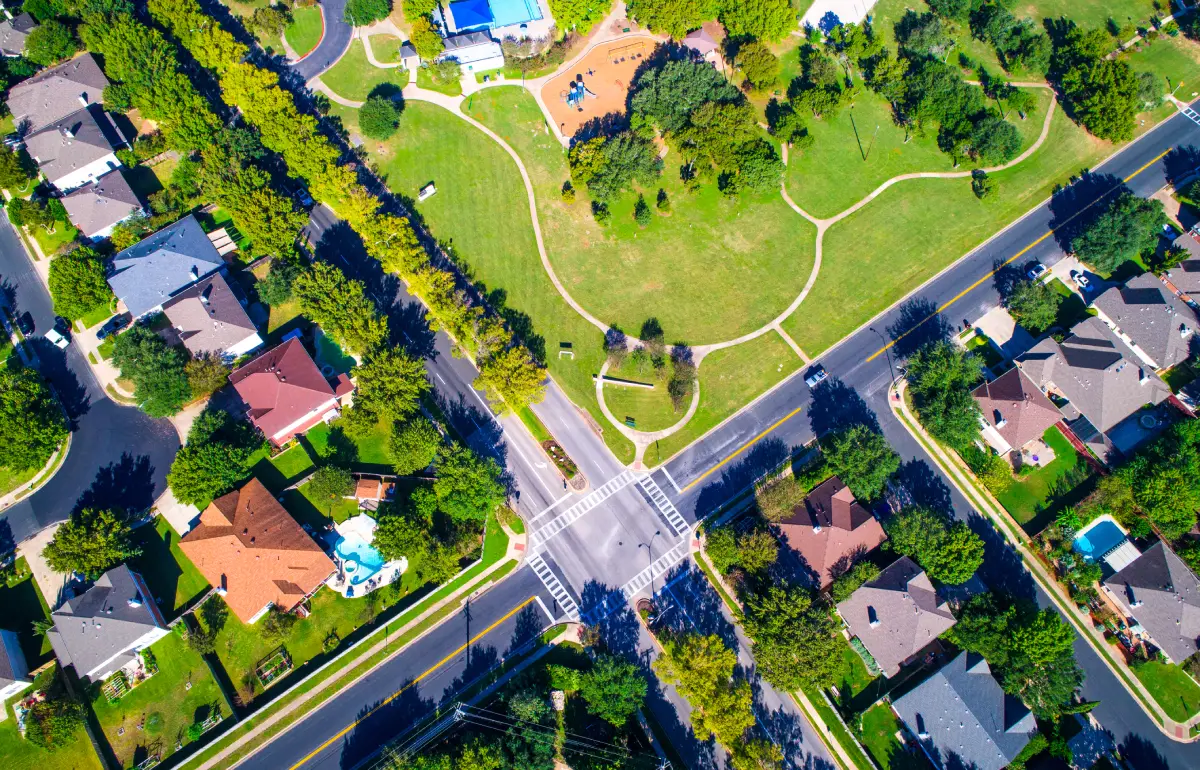In Charlotte, NC, the key to a successful Homeowners Association (HOA) lies in maintaining a well-managed community where rules are followed, and residents feel invested in their neighborhood. HOA compliance is not just about enforcing rules; it’s about creating a culture where residents understand the expectations and willingly participate in keeping the community running smoothly. Whether it’s managing property maintenance or addressing behavior concerns, effective communication and consistent enforcement are essential for maintaining a harmonious living environment.
Partnering with PMI CLT can help your HOA set clear standards and enforce them fairly. With our expertise, we can guide your community towards a culture of compliance that benefits everyone. You can start by exploring community association management strategies tailored to the unique needs of Charlotte communities.
Key Takeaways
- Clear and consistent rule enforcement creates a peaceful environment for all residents.
- Setting expectations early can prevent conflicts from escalating.
- Professional management services like PMI CLT provide fair and efficient rule enforcement.
- Using technology enhances communication and tracking within the HOA.
- Regular compliance ensures long-term property value retention and neighbor satisfaction.
Why HOA Compliance Is Crucial
In an HOA, compliance is more than just a way to enforce rules—it's about building a community where residents feel safe, respected, and valued. For Charlotte neighborhoods, clear enforcement of HOA rules is essential to ensuring property values remain strong and relationships between neighbors stay positive. When rules are applied fairly and consistently, everyone understands their responsibilities, leading to fewer disputes and a more enjoyable living experience.
Research consistently shows that well-managed HOAs with clear rules tend to have higher property values and greater resident satisfaction. For example, professional management from PMI CLT can help your community develop effective governance strategies that ensure both compliance and neighborly harmony. Learn more about how HOA management helps Charlotte communities thrive.
Common Compliance Issues in Charlotte HOAs
Even in well-maintained communities, compliance issues can arise. In Charlotte, some of the most common problems HOAs face include:
- Noise Complaints: Unregulated noise from parties, pets, or construction can disturb neighbors.
- Unauthorized Rentals: Homeowners renting their properties without HOA approval can cause security issues and disrupt the neighborhood dynamic.
- Parking Violations: Residents parking in unauthorized areas can create chaos and safety hazards, especially in crowded neighborhoods.
- Property Alterations: Unapproved changes to the exterior of homes, like painting or landscaping modifications, can violate HOA guidelines.
Addressing these issues early is essential to maintaining the peace and order of the community. PMI CLT offers compliance inspections to ensure that properties adhere to HOA standards, which helps preserve the overall aesthetic and function of the neighborhood.
The Role of the HOA Board and Property Manager
In most HOAs, board members volunteer their time and often lack the resources or expertise to handle all aspects of HOA management. This is where PMI CLT steps in, offering professional property management services to take on tasks that require attention to detail and consistency. By partnering with a management company, your HOA can:
- Ensure consistent enforcement of rules and regulations.
- Address maintenance concerns and violations quickly.
- Improve communication with residents and foster community engagement.
- Keep accurate records of issues, resolutions, and violations.
PMI CLT also provides property inspections and routine maintenance services to ensure that your community remains compliant with HOA standards.
Best Practices for Building a Culture of Compliance
Fostering a culture of compliance involves more than just enforcing rules—it requires a shared sense of responsibility among residents. Below are some best practices for building a strong compliance culture in your Charlotte HOA:
1. Simplify the Rules
Complex, unclear rules can lead to confusion and non-compliance. Ensure that your rules are straightforward and easy to understand. Avoid legal jargon and make sure they are accessible both online and in printed formats.
2. Regular Communication
Keep residents informed of any changes or updates to HOA rules through regular newsletters, emails, or community meetings. Effective communication helps prevent small issues from escalating into larger problems.
3. Lead by Example
Board members should model the behavior they want to see in the community. When board members follow the rules, residents are more likely to do the same.
4. Explain the Reasons Behind the Rules
Residents are more likely to comply when they understand the purpose of the rules. For instance, explaining how specific rules protect property values or enhance safety will encourage more buy-in.
5. Use Warnings Before Fines
Before issuing fines, provide friendly reminders for first-time offenses. This gives residents the chance to correct their behavior without facing penalties.
6. Offer Assistance When Needed
Sometimes, residents may need help meeting the requirements set by the HOA. Offering resources or guidance, like recommending contractors or explaining how to comply with specific rules, helps foster goodwill and strengthens the community.
Leveraging Technology to Improve Compliance
Technology is a powerful tool for improving HOA management. At PMI CLT, we use digital tools to streamline communication and track compliance. These tools provide:
- Automated reminders for violations and maintenance issues.
- Easy access to community rules, regulations, and important documents.
- A centralized platform for residents to submit requests and stay informed about community events.
By utilizing technology, your HOA can reduce administrative burdens, improve transparency, and keep residents up to date on community matters.
Dealing with Non-Compliance Effectively
Not all residents will comply with the rules right away. It’s important to address non-compliance fairly and consistently. Here’s how:
- Send a Friendly Reminder: A gentle reminder is often enough for first-time violations.
- Issue an Official Notice: If the issue continues, send an official violation notice outlining the specifics of the issue and required actions.
- Impose Fines: If previous measures don’t resolve the issue, fines may be necessary.
- Legal Action: Legal action should be a last resort when all other options have been exhausted.
PMI CLT ensures that all non-compliance cases are handled fairly, reducing the risk of conflict and ensuring that the community is treated with respect.
Long-Term Benefits of a Culture of Compliance
Creating a compliant HOA is not only about enforcing rules; it’s about cultivating a thriving, peaceful community. When compliance is ingrained in the community, it leads to:
- Fewer Conflicts: With clear and consistently enforced rules, disputes between neighbors are minimized.
- Higher Property Values: Well-maintained properties and a compliant community contribute to stronger property values.
- A More Attractive Neighborhood: Regular rule enforcement ensures that the community is clean, well-maintained, and attractive to both residents and potential buyers.
- Stronger Community Bonds: When everyone follows the same rules, it fosters a sense of fairness and trust among residents.
Build a Thriving HOA with PMI CLT’s Expert Services
Creating a compliant, thriving HOA in Charlotte doesn’t have to be a challenge. By setting clear rules, fostering effective communication, and enforcing compliance consistently, your HOA can provide a peaceful and prosperous living environment. PMI CLT offers professional management services that help streamline HOA operations and ensure that your community remains compliant and harmonious.
If you’re looking for help managing your HOA or improving compliance in your community, learn more about our services and get in touch with PMI CLT today.
FAQs
How can an HOA board ensure clear communication with residents?
An HOA board can ensure clear communication by regularly updating residents through newsletters, emails, or community meetings, and by keeping an open line for feedback.
What are the most common HOA violations in Charlotte?
Common violations include noise disturbances, improper parking, and failure to maintain property appearance according to community standards.
How can technology help with HOA management?
Technology streamlines communication, tracks violations, and allows for online maintenance requests, making HOA management more efficient.
What should an HOA do when a resident continually ignores rules?
If a resident ignores the rules after several reminders, the HOA should issue an official violation notice, followed by fines and possibly legal action as a last resort.
What are the benefits of professional HOA management?
Professional HOA management helps ensure consistent rule enforcement, better communication, and efficient handling of issues, allowing board members to focus on broader community goals.


